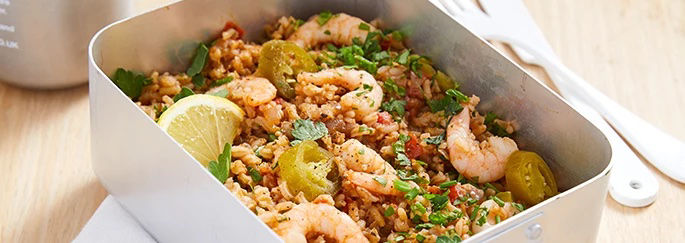From vitamins and minerals to essential fats and proteins, eggs are packed full of nutrients to support you and your growing baby.
Their high protein content (which includes the full range of amino acids) supports healthy bone and muscle growth as well as supporting the immune system. While many people associate egg whites as a good source of protein, it’s actually more concentrated in egg yolk. However, because there’s more ‘white’ than ‘yolk’ in an egg, the white contains higher amounts overall3.
In terms of vitamins, egg yolks are also a good source of vitamin A, vitamin B12 and vitamin B2, helping to keep your skin, eyes, blood, immune system, nervous system and metabolism healthy, as well as folate, which is especially useful for during pregnancy.
Egg yolks also contain important minerals like phosphorus, iodine and selenium, as well as essential omega-3 fatty acids which play an important role in the development of your baby’s brain, nervous system and vision. Studies have also found free range eggs to contain 3-4 times the amount of Vitamin D4 to those from factory farms.
Read on to discover more about eating eggs safely during pregnancy. Or get the lowdown on which foods to avoid in pregnancy.





